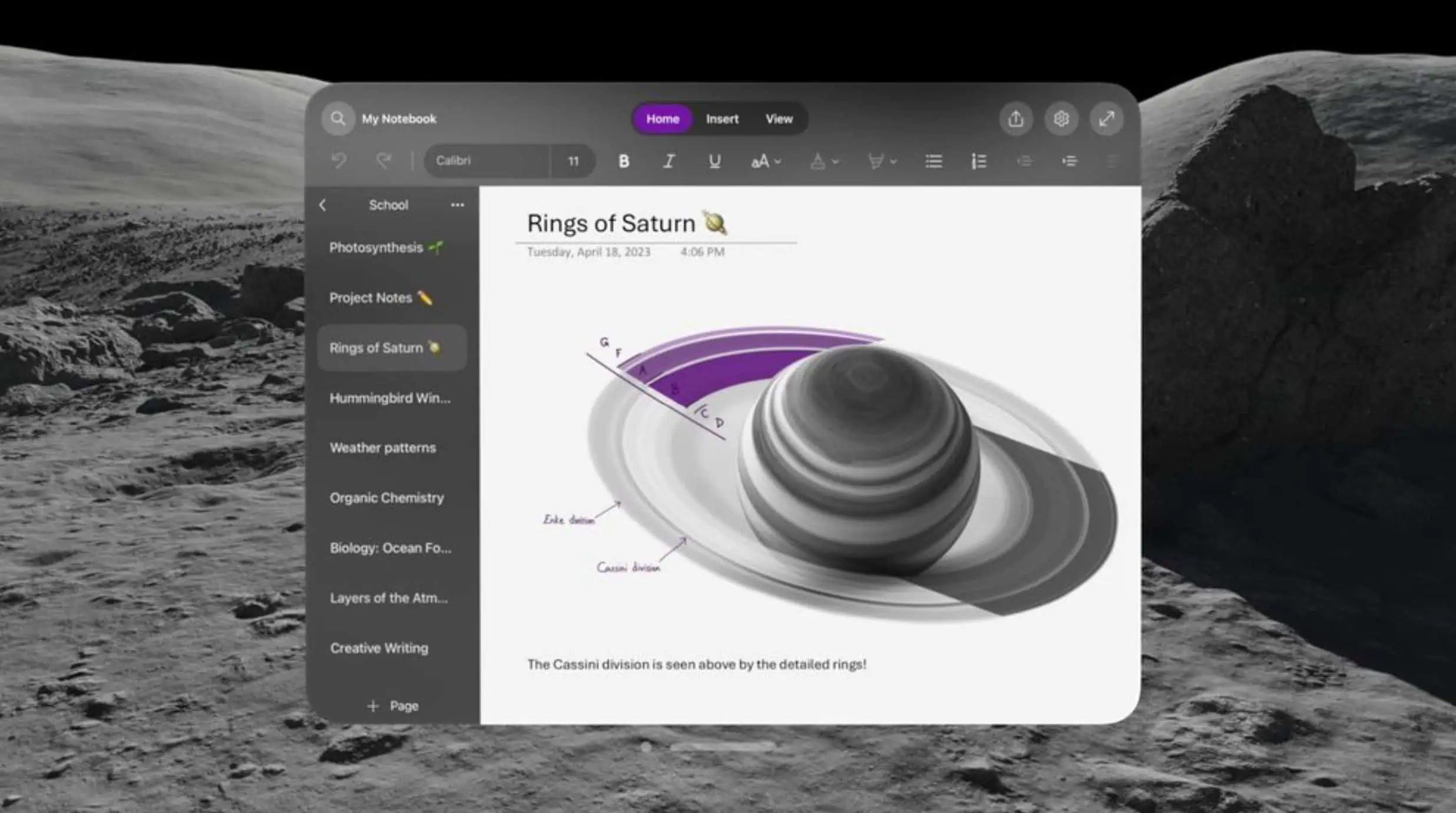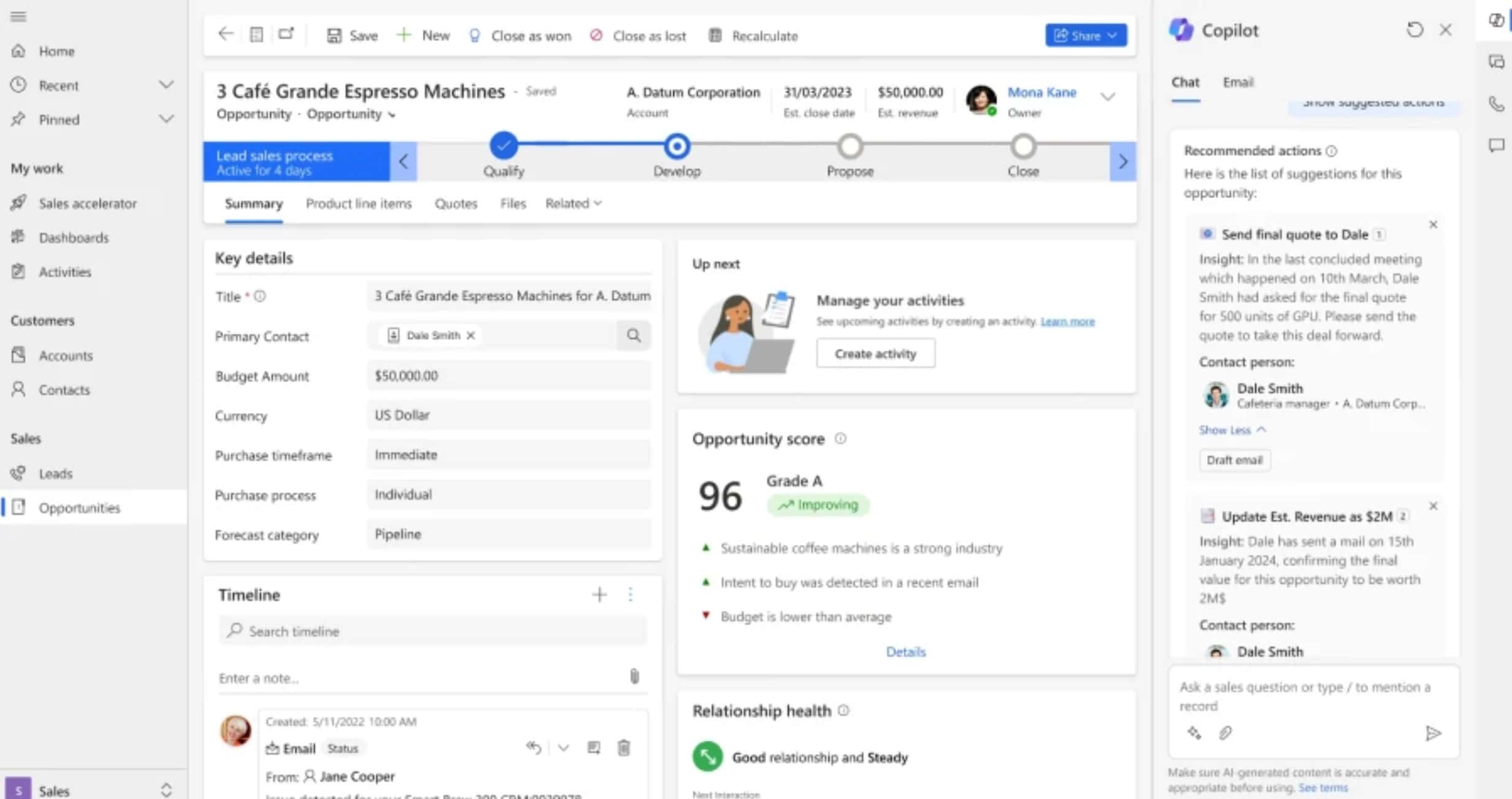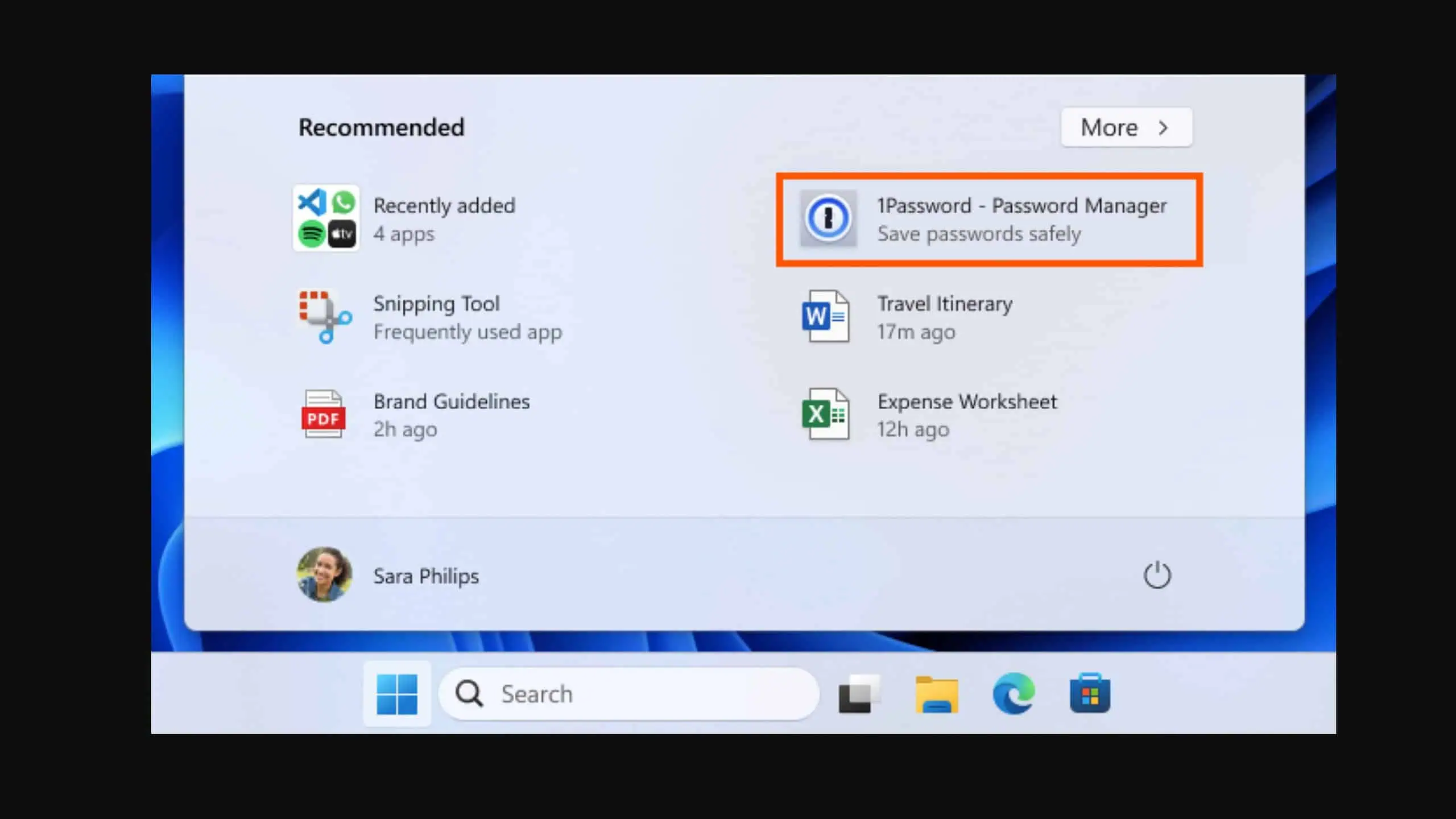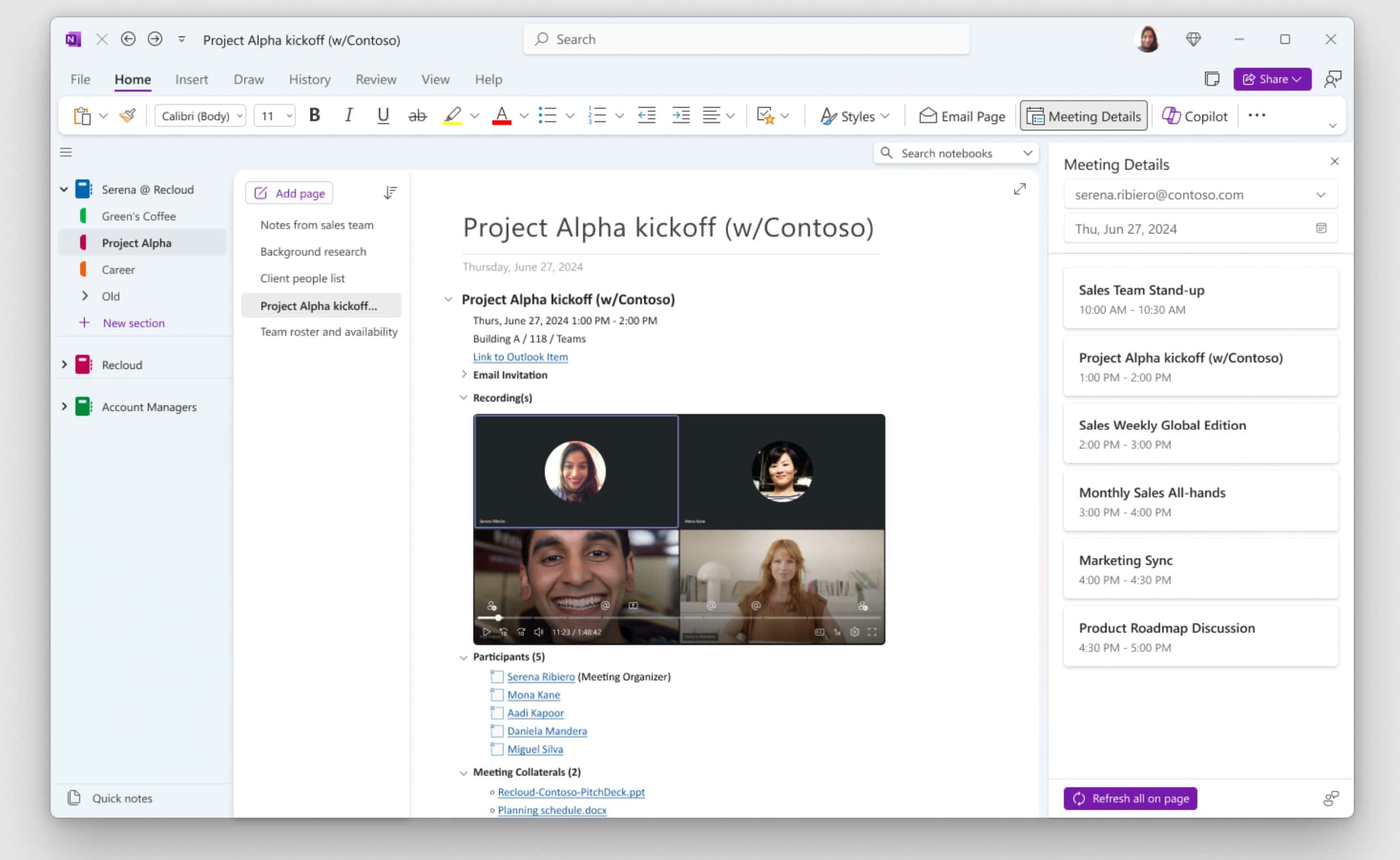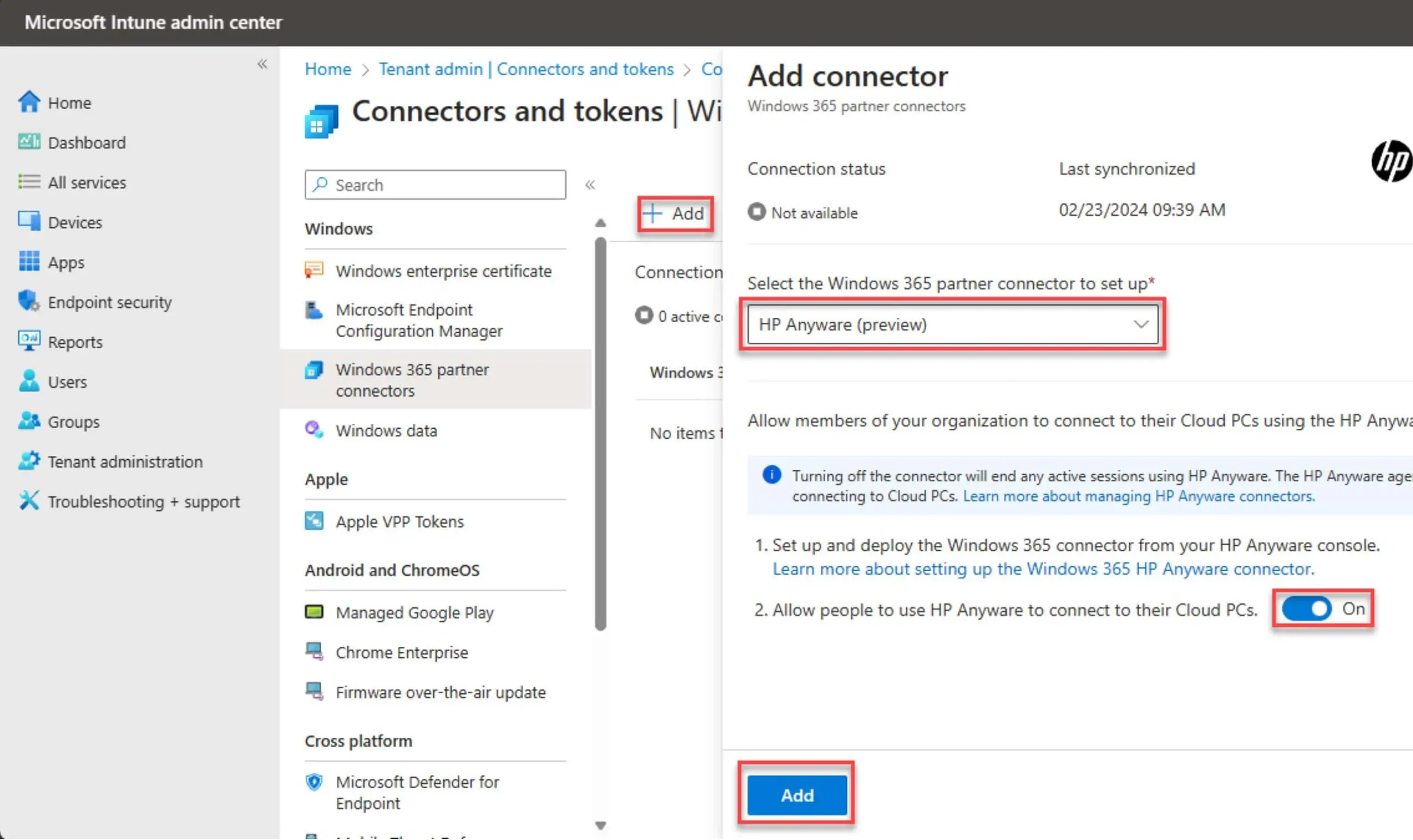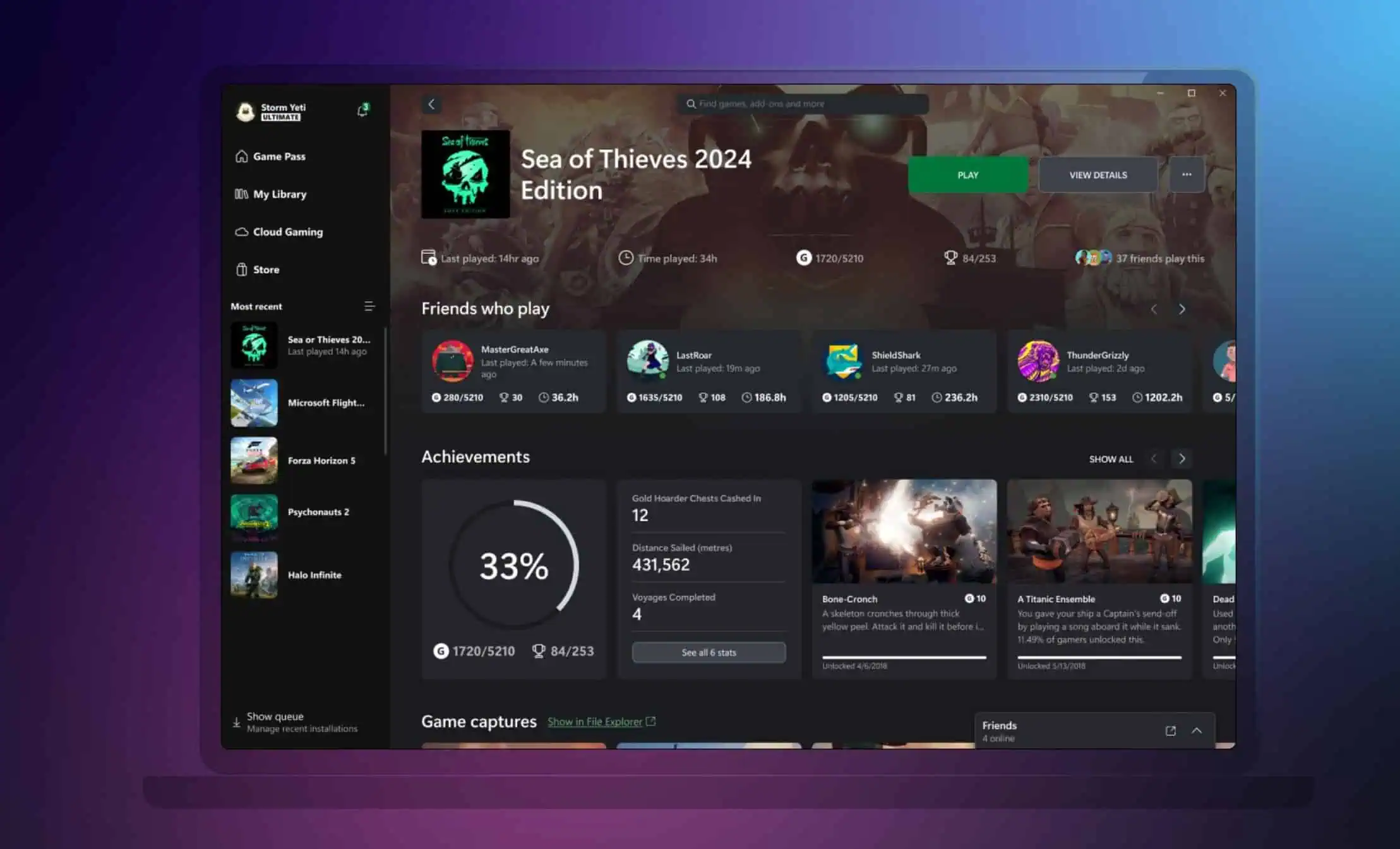Mozilla And Google Asks For Special Treatment For App Development On Windows 8
3 min. read
Published on
Read our disclosure page to find out how can you help MSPoweruser sustain the editorial team Read more
Today Mozilla and Google made some arguments regarding upcoming version of Windows RT ( Windows on ARM). Both Mozilla and Google wants access to special API’s on which Microsoft’s Metro IE browser is built on so that they will build their own browsers for Windows RT users.
It’s reported that Windows RT (the name Microsoft has given to Windows running on the ARM processor) will have two environments, a Windows Classic environment and a Metro environment for apps. However, Windows on ARM prohibits any browser except for Internet Explorer from running in the privileged “Windows Classic” environment. In practice, this means that only Internet Explorer will be able to perform many of the advanced computing functions vital to modern browsers in terms of speed, stability, and security to which users have grown accustomed. Given that IE can run in Windows on ARM, there is no technical reason to conclude other browsers can’t do the same.
We share the concerns Mozilla has raised regarding the Windows 8 environment restricting user choice and innovation. We’ve always welcomed innovation in the browser space across all platforms and strongly believe that having great competitors makes us all work harder. In the end, consumers and developers benefit the most from robust competition.
There are few things which I want to mention regarding this issue.
- First, Why Google and Mozilla didn’t approach Apple for access to similar APIs on Apple iPad which has near monopoly in tablet market ?
- If Microsoft provides APIs for Google & Mozilla, they should provide it for several other developers as well. The whole point in developing a restricted environment in Windows RT is to provide better user experience to end users in terms of security, battery life, privacy, etc,. If several developers like Google gets high level access to OS, its bad for end users.
- Rather than asking for Microsoft’s support in a good way, Mozilla is trying to court Microsoft by showing the previous anti-trust cases related to Microsoft.
Because Windows on ARM relies upon so many traditional Windows assets, including brand, code, footprint, and experience, the decision to exclude other browsers may also have antitrust implications. If Windows on ARM is simply another version of Windows on new hardware, it also runs afoul of the EC browser choice commitments and seems to represent the very behavior the DOJ-Microsoft settlement sought to prohibit.
I think this approach won’t work as Microsoft will argue that Windows on ARM is not traditional Windows.
- Even if Microsoft provides them API, Will Microsoft even bend Windows Store rules to publish them in the marketplace ?
- Microsoft can even argue that any browser vendor can build a new web browser for Windows 8 by using in-built IE rendering engine. The vendor can provide their own UI, added functionalities, etc,.
Lots of questions to be answered! What do you think?


